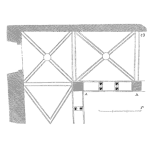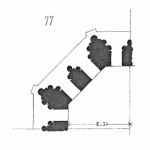
Would you like age-specific field reliability of your products and their service parts? Age-specific field reliability is useful for reliability prediction, diagnoses, forecasting, warranty reserves, spares stock levels, warranty extensions, and recalls. Nonparametric estimation of age-specific field reliability is easy, if you track parts or products by name and serial number for life data. What if there are life limits? What if there’s no life data?
[Read more…]









 Ask a question or send along a comment.
Please login to view and use the contact form.
Ask a question or send along a comment.
Please login to view and use the contact form.